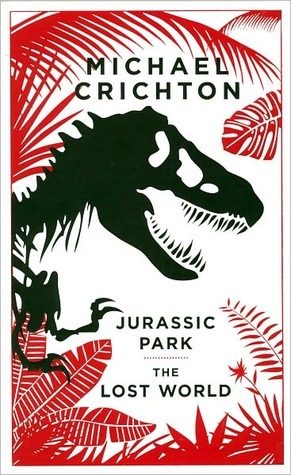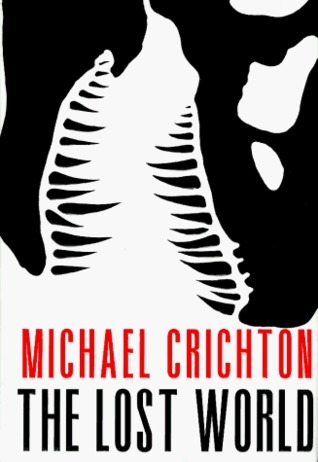
Jurassic Park
Book Description
What if dinosaurs could roam the Earth again? At the cutting-edge resort of Jurassic Park, the impossible becomes reality as scientists unleash prehistoric giants into a modern world. But when ambition clashes with nature, a thrilling battle for survival unfolds on an island bursting with primal instinct and danger. As chaos ensues, trust is tested among a group of unlikely allies, and the fine line between science and madness blurs. Can they escape the jaws of creation gone wrong, or will they be swallowed by their own hubris? What happens when humanity plays god?
Quick Book Summary
Jurassic Park by Michael Crichton is a gripping science fiction thriller that explores the consequences of scientific hubris and unchecked technological ambition. On a remote island, engineers and geneticists use advanced cloning techniques to resurrect dinosaurs, creating a one-of-a-kind theme park. When a small group of experts, including paleontologist Alan Grant and mathematician Ian Malcolm, are invited to the park for an inspection, disaster strikes as security systems fail and the dinosaurs escape. What begins as a miracle of science quickly transforms into a deadly struggle for survival. As chaos descends, the novel examines the unpredictable power of nature and the ethical dilemmas surrounding human innovation. Haunted by suspense and philosophical reflection, Jurassic Park compels readers to consider the true cost of playing god.
Summary of Key Ideas
Table of Contents
Scientific Hubris and the Ethics of Creation
Visionary billionaire John Hammond creates Jurassic Park, an island theme park populated by genetically engineered dinosaurs. Relying on the expertise of scientists like Dr. Henry Wu, Hammond uses innovative cloning technology to resurrect prehistoric creatures from ancient DNA. Before opening the park to the public, Hammond invites a group of specialists—including Alan Grant, Ellie Sattler, and Ian Malcolm—to inspect the safety of his creation. They are joined by his grandchildren, Tim and Lex, as the group embarks on a guided tour of the park intended to showcase its marvels and reassure investors.
The Unpredictability of Complex Systems
The park's fragile ecosystem rests on cutting-edge technology meant to control and contain the dinosaurs. However, Malcolm, a mathematician and chaotician, repeatedly warns that complex systems like Jurassic Park are inherently unpredictable. His skepticism is substantiated when the park's computer systems are sabotaged by Dennis Nedry, a disgruntled employee seeking profit. Power outages disable security fences, unleashing the dinosaurs and plunging the island into pandemonium. The collapse of order exposes the park’s fundamental vulnerabilities and the dangers of underestimating nature’s adaptive potential.
Man versus Nature
As the situation deteriorates, the human characters become prey in a perilous environment teeming with ravenous predators. Grant and the children are separated from the rest and must navigate the island, using wit and knowledge to evade dangers like the cunning Velociraptors and the ferocious Tyrannosaurus rex. Meanwhile, Sattler and others struggle to restore power and rescue survivors. Throughout the ordeal, individuals must confront their own limitations, fears, and moral responsibilities, forging alliances in their collective fight for survival against the park's primeval inhabitants.
Commercialization of Scientific Discoveries
The narrative probes the ethics underlying scientific discovery and exploitation. Hammond’s vision collapses under the weight of corporate greed and reckless ambition, prompting deeper questions about humanity's right to manipulate life. Through chilling events and thought-provoking dialogue, Crichton critiques the commercialization of breakthrough science, highlighting dangers when profit and spectacle eclipse prudent stewardship. Malcolm’s perspective, grounded in chaos theory, reinforces the inherent unpredictability of tampering with nature and the limits of human control.
Survival and Adaptation
Ultimately, the island’s devastation serves as a cautionary tale about the hubris of overreaching science. Survivors are left to reckon with the collapse of Hammond’s dream and the catastrophic consequences of denying the power and complexity of the natural world. Jurassic Park concludes not only as a harrowing adventure but also as a sobering reflection on scientific responsibility, ecological balance, and the unforeseen dangers that arise when humans dare to resurrect the ancient past.
Download This Summary
Get a free PDF of this summary instantly — no email required.





